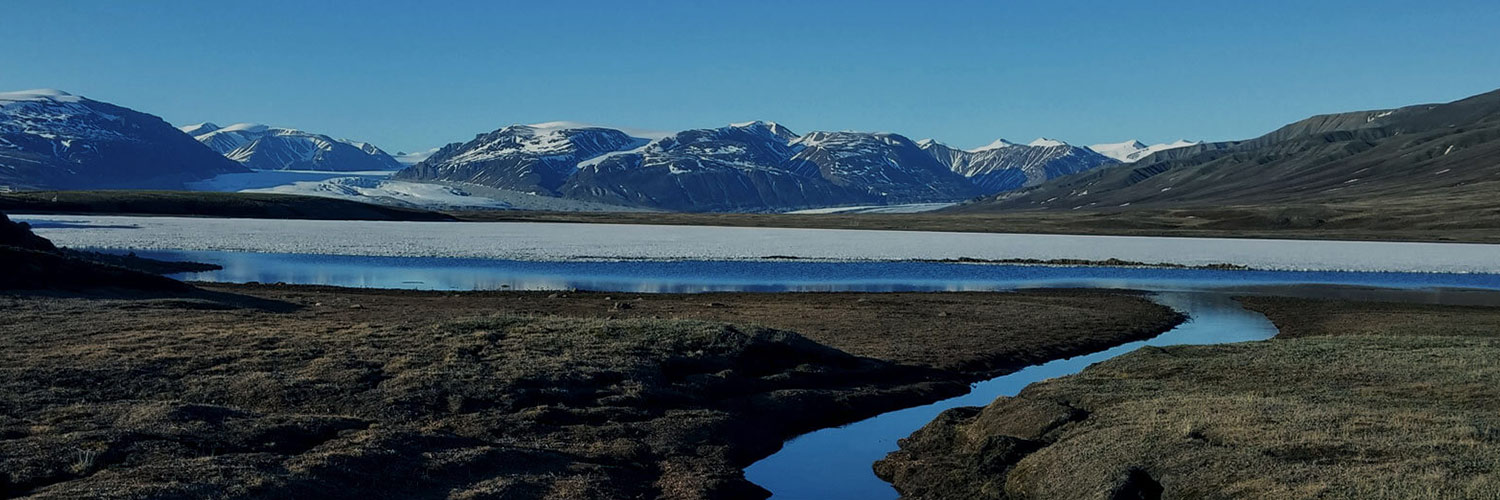Cold Region Environmental Research Laboratory
Canada Research Chair in Cryosphere Hydrology
Canada Research Chair in Cryosphere Hydrology
Home
|
||||||||||||
|
||||||||||||
| D | L | M | M | J | V | S | ||||||
|---|---|---|---|---|---|---|---|---|---|---|---|---|
| 0 | 0 | 0 | 0 | 0 | 0 | 0 | ||||||
| 0 | 0 | 0 | 0 | 0 | 0 | 0 | ||||||
| 0 | 0 | 0 | 0 | 0 | 0 | 0 | ||||||
| 0 | 0 | 0 | 0 | 0 | 0 | 0 | ||||||
| 0 | 0 | 0 | 0 | 0 | 0 | 0 | ||||||
| 0 | 0 | 0 | 0 | 0 | 0 | 0 | ||||||
| mois courant | ||||||||||||
Mission
The mission of GlacioLab is to better understand and predict how cold regions ecosystems respond to climate change. Our research activities focus on the cryosphere, i.e. frozen water at the Earth surface in the form of snow, glaciers, and frozen soils, and how it responds to climate and impacts the hydrological cycle and ecology of cold regions.
GlacioLab is based in the Department of Environmental Sciences at UQTR, and directed by professor Christophe Kinnard, who holds the Canada Research Chair in Cryosphere Hydrology.

